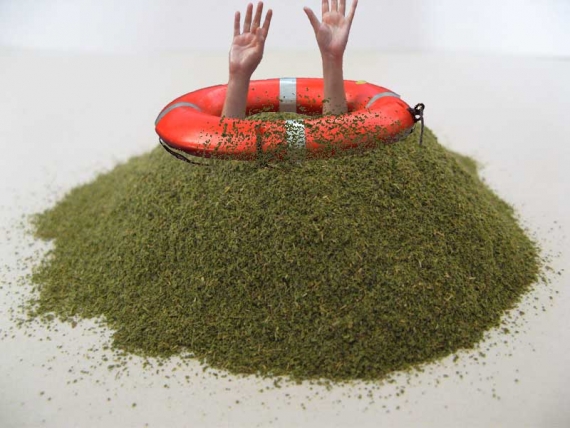Kratom grows in Thailand and Indonesia and enjoys a reasonably warm tropical climate. Thailand and Indonesia don't see a very dramatic fluctuation in temperature, plants in the region remain green and continue to grow throughout the year, and therefore there is no dormancy period. Southeast Asia does see a dramatic shift in it's rainfall throughout the year however, and this does affect the rate of growth for all plants including kratom.

During the growing season, when there is lots of rain, and immediately after the rainy season, plants enjoy a great quantity of resources. There is a lot of rain thanks to the monsoons that sweep through the region during the months of December through March. These monsoons deposit a lot of water that remains in the soil and extends the growing season right into mid-spring. The prime time for plant growth is actually immediately following a monsoon. The dry season in Southeast Asia runs from June through September, and during these months plant growth slows considerably, and plants then focus on survival instead of growth and expansion.
You would likely think that immediately following the monsoons would be the best time to harvest kratom, but that isn't necessarily true. The reason is that the dry season allows the alkaloids in kratom leaves to increase to even higher levels, and higher levels of alkaloids means a more potent batch of kratom. Therefore, leaving the leaves on the tree well into the dry season can be more advantageous when it comes to the impact of quality. Most experts will argue that the change in seasons really have little impact on the kratom, because some regions have less dramatic seasonal changes. This would obviously result in less dramatic changes in alkaloid levels that are present in the kratom leaves.
Additionally, it takes time to harvest, dry, process, and package the kratom leaves, and of course you also have the time involved in distributing the kratom to the various retailers, who then provide it to you, the customer. With all that said, you can see that it would be quite difficult to time your purchases in a way that provides for the optimal quality from the "right" seasonality. Plus, kratom tends to degrade with time, so purchasing in bulk is not recommended.
Did you like this article? Give it a Plus+




